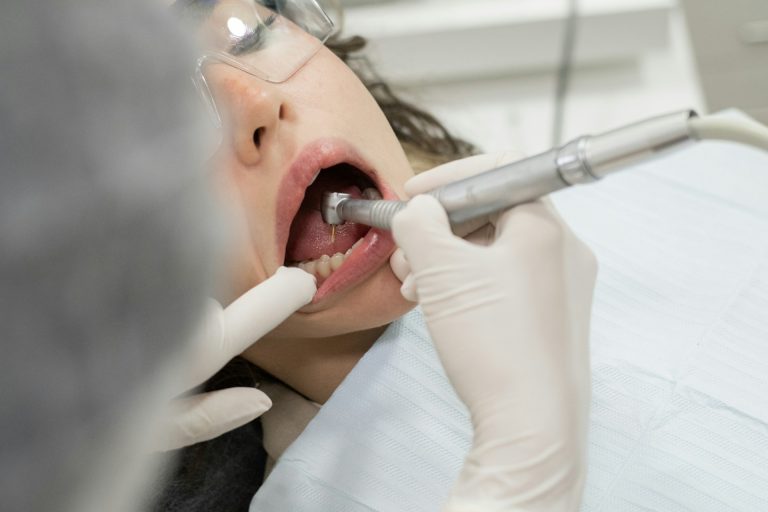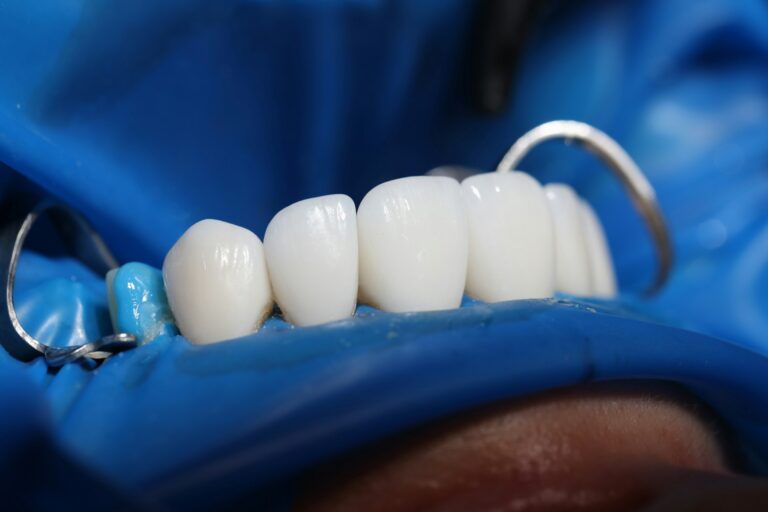Choosing the right toothbrush is essential for maintaining healthy gums. With so many options available, it can be confusing to know which one is best for your oral health. The right toothbrush can help prevent gum disease, remove plaque effectively, and keep your teeth clean. On the other hand, the wrong toothbrush might cause damage to your gums or fail to clean your teeth properly.
When selecting a toothbrush, there are several factors to consider, such as the type of bristles, the size and shape of the brush head, and whether to choose a manual or electric toothbrush. Each type offers different benefits, and understanding these can help you make an informed decision. By taking the time to choose the right toothbrush, you can improve your oral hygiene routine and ensure the health of your gums and teeth.
Knowing how often to replace your toothbrush is also important. Over time, toothbrushes wear out and become less effective at cleaning your teeth. Regular replacement ensures that your brushing remains effective and your gums stay healthy. Understanding these basic principles will help you maintain excellent oral health and a bright smile.
Understanding Different Types of Toothbrushes
Toothbrushes come in various types, each designed to meet different needs and preferences. The most common type is the manual toothbrush. Manual toothbrushes are affordable, easy to use, and come in a wide range of designs and bristle types. They require no batteries or charging, making them a convenient option for many people.
Electric toothbrushes are another popular choice. These toothbrushes use electric power to move the bristles, providing a more thorough cleaning with less effort. There are two main types of electric toothbrushes: sonic and oscillating-rotating.
Sonic toothbrushes vibrate at high speeds to break up plaque, while oscillating-rotating toothbrushes have a small, round brush head that rotates back and forth to clean each tooth individually. Both types can be beneficial for gum health, especially for those who have trouble with manual brushing techniques.
Bristles can also vary. Soft-bristled toothbrushes are generally recommended by dentists because they are gentle on the gums while still effective at removing plaque and debris. Medium and hard bristles can be too rough and may cause gum irritation or recession if used incorrectly.
Specialized toothbrushes, such as those designed for braces or sensitive gums, are also available to cater to specific dental needs.
Key Features to Look For in a Toothbrush
When choosing a toothbrush, certain key features can make a significant difference in maintaining gum health. One important feature is the bristle type. As mentioned earlier, soft bristles are the best choice for protecting your gums while effectively cleaning your teeth. Look for rounded bristles, which are less likely to cause gum damage compared to flat-cut bristles.
Another feature to consider is the size and shape of the brush head. A small to medium-sized brush head can better reach all areas of your mouth, including the back molars. The shape should allow you to comfortably maneuver the toothbrush to clean each tooth surface. Some toothbrushes have angled heads or varying bristle heights to enhance cleaning efficiency.
A non-slip handle can make brushing easier and more comfortable, especially for children or older adults. Lastly, consider the ergonomic design of the toothbrush. A well-designed toothbrush should be comfortable to hold and allow you to brush at the correct angle, which is crucial for effective plaque removal and gum maintenance.
By focusing on these key features, you can choose a toothbrush that will help you maintain excellent gum health.
Electric vs. Manual: Which is Better for Gum Health?
When it comes to oral hygiene, both electric and manual toothbrushes have their pros and cons. Electric toothbrushes are highly effective at removing plaque due to their automated and consistent brushing motions.
They are particularly beneficial for people with limited mobility, such as those with arthritis, as the toothbrush does most of the work for you. Studies suggest that electric toothbrushes can reduce plaque and gingivitis more effectively than manual ones, especially over the long term.
Manual toothbrushes, on the other hand, offer more control over the brushing technique. They are simple to use and portable, requiring no batteries or charging. While they require more effort to achieve the same level of cleanliness, they can be just as effective if used correctly.
The choice between electric and manual often boils down to personal preference, budget, and specific dental needs. If you struggle with brushing thoroughly or have specific gum concerns, an electric toothbrush might be the better option for you.
How Often Should You Replace Your Toothbrush?
Regularly replacing your toothbrush is crucial for maintaining good oral hygiene and gum health. It is generally recommended to replace your toothbrush every three to four months. Over time, the bristles become frayed and less effective at removing plaque and debris. A worn-out toothbrush can also harbor bacteria, which can lead to gum infections and other oral health problems.
In some cases, you might need to replace your toothbrush even sooner. If you’ve been sick, it’s a good idea to switch to a new toothbrush to avoid reintroducing bacteria or viruses to your mouth. Pay attention to the condition of the bristles; if they appear splayed or worn before the three-month mark, it’s time for a replacement. Regularly changing your toothbrush ensures that you’re always using an effective tool to keep your gums healthy and clean.
Healthy Gums Start Here: Choosing the Right Toothbrush
Choosing the right toothbrush is a vital step in maintaining healthy gums and overall oral health. Whether you opt for a manual or electric toothbrush, the key is to ensure it meets your needs and preferences.
Look for features that promote effective cleaning without causing harm to your gums, and remember to replace your toothbrush regularly. You can improve your oral hygiene routine and protect your gums by making an informed choice.
If you have any questions about selecting the best toothbrush for your gum health, or if you’re experiencing any gum issues, contact Colorado Gum Care Broomfield, CO. Our dedicated team specializes in gum care and preventive treatments in Broomfield, CO, to help you maintain a healthy smile.
Get in touch with us today to schedule an appointment and take the first step toward better gum health!







